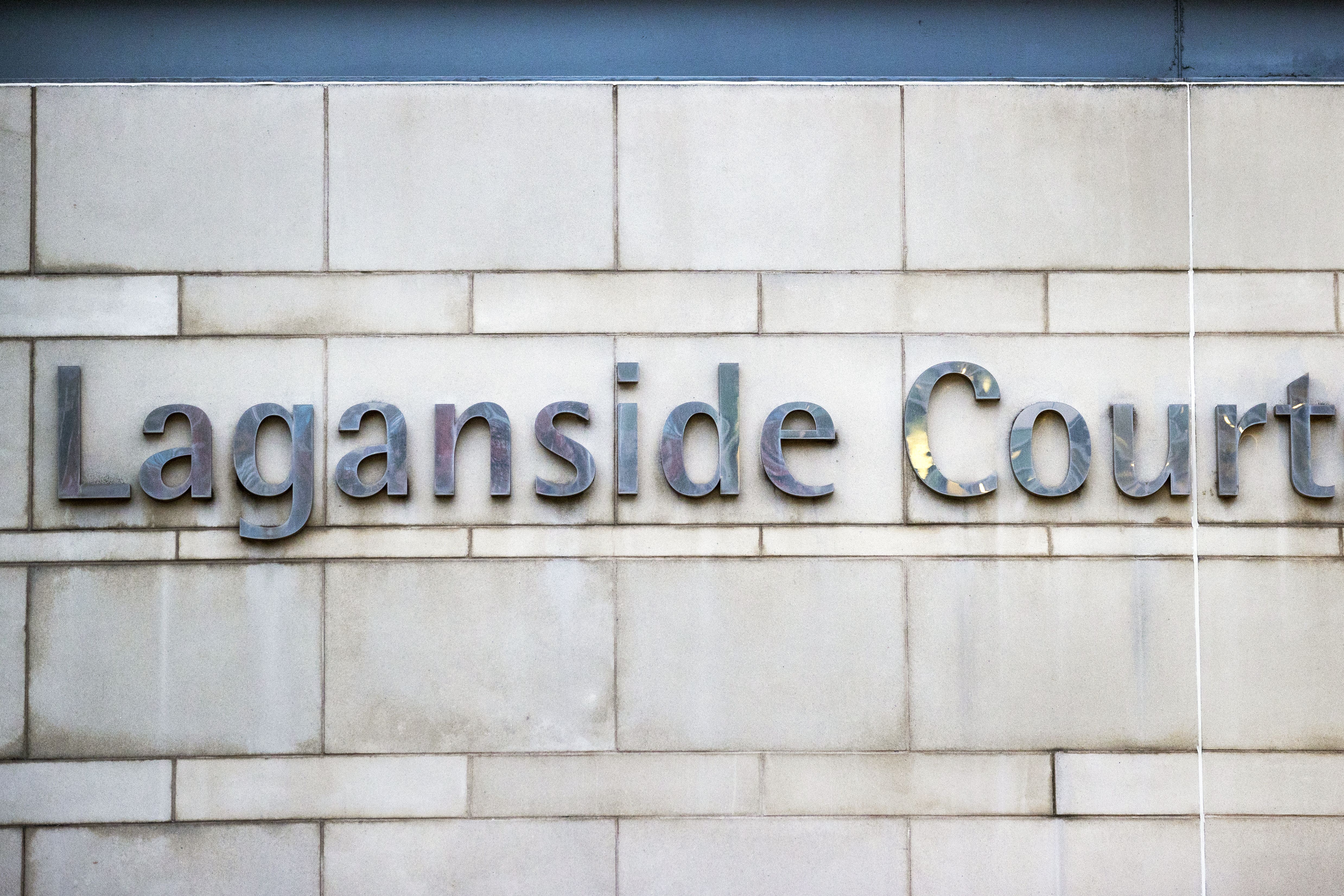Victims of Paul Dunleavy tell how abuse devastated their lives
The former school principal was sentenced at Belfast Crown Court on Thursday.

Your support helps us to tell the story
From reproductive rights to climate change to Big Tech, The Independent is on the ground when the story is developing. Whether it's investigating the financials of Elon Musk's pro-Trump PAC or producing our latest documentary, 'The A Word', which shines a light on the American women fighting for reproductive rights, we know how important it is to parse out the facts from the messaging.
At such a critical moment in US history, we need reporters on the ground. Your donation allows us to keep sending journalists to speak to both sides of the story.
The Independent is trusted by Americans across the entire political spectrum. And unlike many other quality news outlets, we choose not to lock Americans out of our reporting and analysis with paywalls. We believe quality journalism should be available to everyone, paid for by those who can afford it.
Your support makes all the difference.Two victims of a paedophile former teacher and principal have told how they have never been able to get over the abuse they suffered.
Paul Dunleavy, 89, a former Christian Brother, was sentenced at Belfast Crown Court on Thursday on 36 charges of historical sex offences dating from 1964 to 1991 while he worked at four schools in Northern Ireland.
One of the victims from Belfast told the PA news agency how the abuse started at school when he was just five years old.
People say time is a healer but this never goes away. There is always something to remind you
He said: “He was waiting when you arrived at school, always wanted to get kids into the car, sat you on his knee. That’s how it started.
“When you were five or six, you didn’t know what is right or wrong. You didn’t talk to anybody about it. It went on for a few years.
“Not only did it happen to me, but I witnessed it happening to other young boys.
“As I started to get older I started to realise things were wrong.
“People say time is a healer but this never goes away. There is always something to remind you. You can be watching TV and something will be a trigger. You are always fighting the battle in your head, there is no peace.”
The victim came forward to police after seeing a report on TV about other abuse carried out by Dunleavy.
He said: “I went to the police. I thought, how can I tell my story? It was too difficult. I gave them bits of the story, the rest is something that will stay with me.”
The man told of his emotions after seeing Dunleavy in person for the first time for decades during his trial at Belfast Crown Court.
He said: “I just wanted to kill him, I still want to.
“There was no sign of remorse. I don’t want an apology from him, but if he would just admit what he has done, that would be something.”
Another victim from Co Down said Dunleavy began to abuse him in the late 1960s at primary school. He said it had a devastating impact on his life.
He said: “I have tried in the past to kill myself. I have done a lot of self-harming. I started drinking as a child. All I wanted to do was get drunk to numb the pain. I didn’t care if I lived or died.”
The man said it took him decades to tell police about what had happened to him. He then had to face his abuser in court.
I live with guilt because maybe if I had said something sooner, some of these people wouldn’t have had to go through what they did
He said: “I didn’t recognise him in court. He was an old man, he didn’t have any power over me any longer. He looked old, frail.
“It was nerve-wracking having to give evidence. He wouldn’t admit what he had done.
“I live with guilt because maybe if I had said something sooner, some of these people wouldn’t have had to go through what they did.”
He added: “You try to put it out of your head, but it always comes back. There is not a day goes past that you don’t hear something which triggers it.
“There are a lot more victims out there. The reason I came forward is because I think there are hundreds more.”